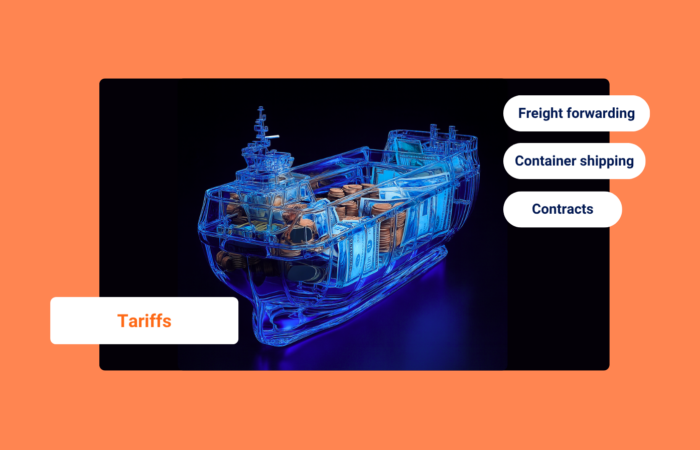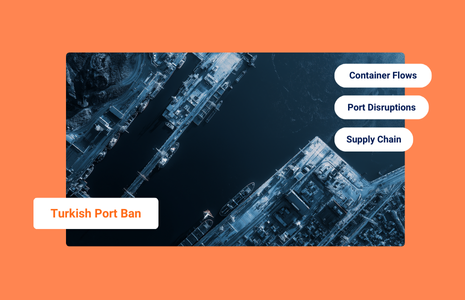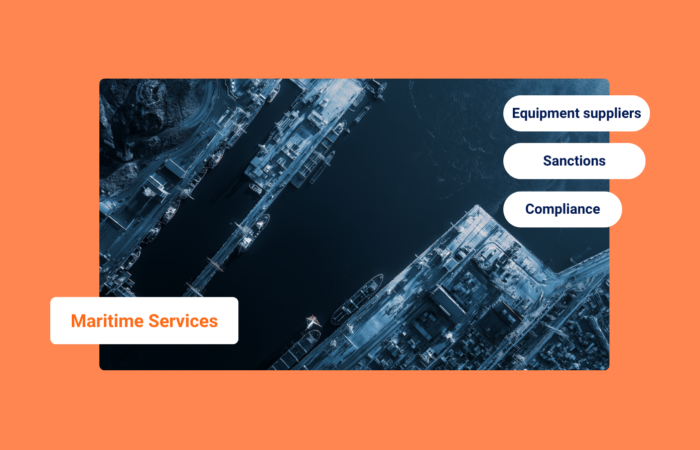Incomplete Data Skews Procurement and Detention & Demurrage Management

What’s inside?
The maritime and ocean freight industries unfortunately have data issues. The phrase “Garbage in, garbage out” applies. AIS data comes with a great deal of “noise” and effective container tracking is not just about data, it involves quick mining to produce actionable insights.
Without quality data, logistics and supply chain organizations cannot effectively manage container tracking or customer interactions, keep their detention and demurrage (D&D) costs low, or make strategic decisions.
Some organizations are overly reliant on a single source for data, while others are struggling with data integrity issues:
- Location verification – is my container loaded or discharged where I expect it to be?
- Vessel identification – is the vessel reported the actual vessel that transports my cargo?
The current state of data makes it difficult for organizations to achieve visibility, let alone actionable visibility. This situation negatively impacts strategic decision-making, cost-savings initiatives, and the customer experience.
To zoom in on a specific area, trying to create and execute procurement strategies without relevant data leads to wasteful expenditures, particularly when it comes to detention and demurrage.
Free Days Are NOT Really Free…
A common logistics/supply chain pitfall is developing procurement strategies without comprehensive data. This often results in under or over-procurement of services, leading to inflated costs.
For example, it’s not uncommon for importers, exporters, or beneficial cargo owners (BCOs) to request 14 days of free time, when in reality, their average usage is only five days.
Shippers and BCOs are eager to avoid D&D whenever possible for obvious reasons, but sometimes it’s better to pay for it. In our example, paying for those extra days of D&D would likely be more cost-effective than committing to an inflated freight charge based on the assumption of needing 14 “free” days.
In this case, nothing is truly free – data-driven decisions identify and then satisfy actual needs, leading to significant savings.
Exceptions at the Carrier Level
Data also plays a vital role in managing exceptions at the carrier level. For example, if an importer, exporter, or BCO can demonstrate that “Carrier A rolled 50% of our shipments out of Shanghai into Northern Europe at least once,” there is a strong foundation for discussions about performance and reliability.
This data can be pivotal in pushing carriers to commit to specific allocations for exceptions, ensuring that the organization’s needs are prioritized. By utilizing data to support conversations, logistics companies can foster stronger partnerships and create a more resilient supply chain.
Every Pound/Dollar Counts
In an industry where every pound/dollar counts, harnessing the power of data for detention and demurrage management and cost reduction is essential. By developing procurement strategies based on reliable data, understanding the implications of data quality, negotiating with clear volume insights, and leveraging carrier exceptions, businesses can significantly reduce unnecessary costs. In the end, effective data management is not just about avoiding losses – it also focuses on seizing opportunities for growth and efficiency.











